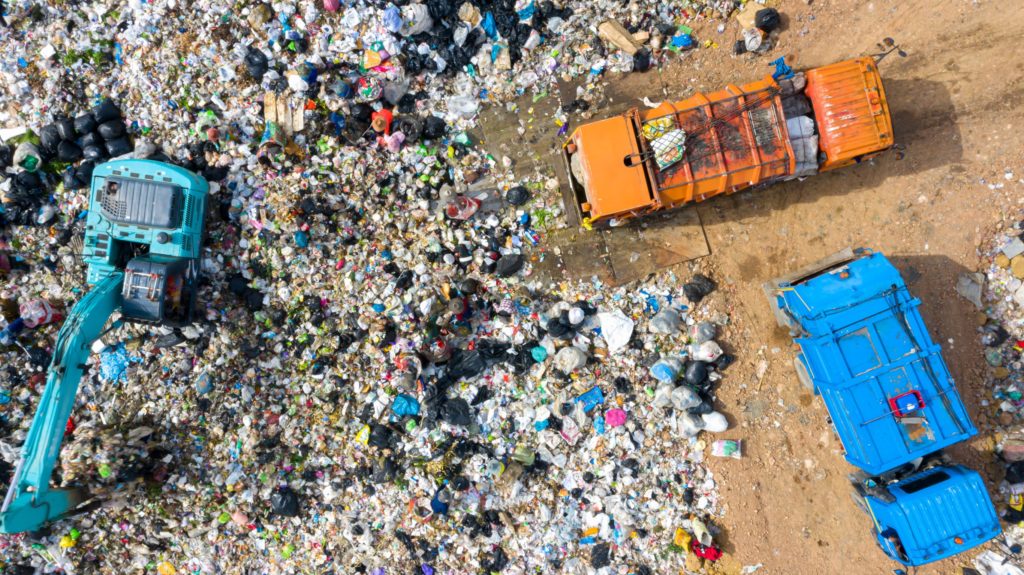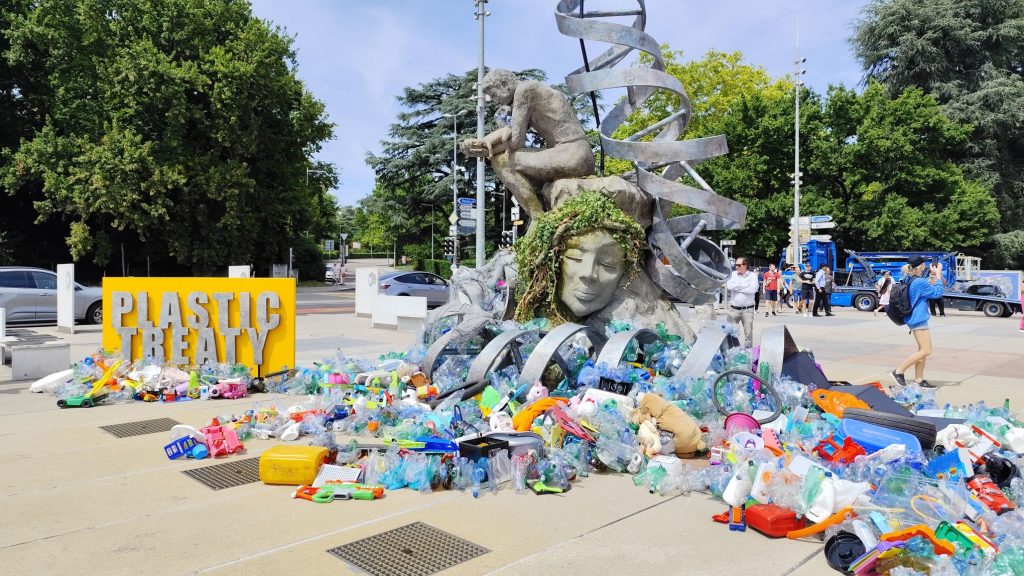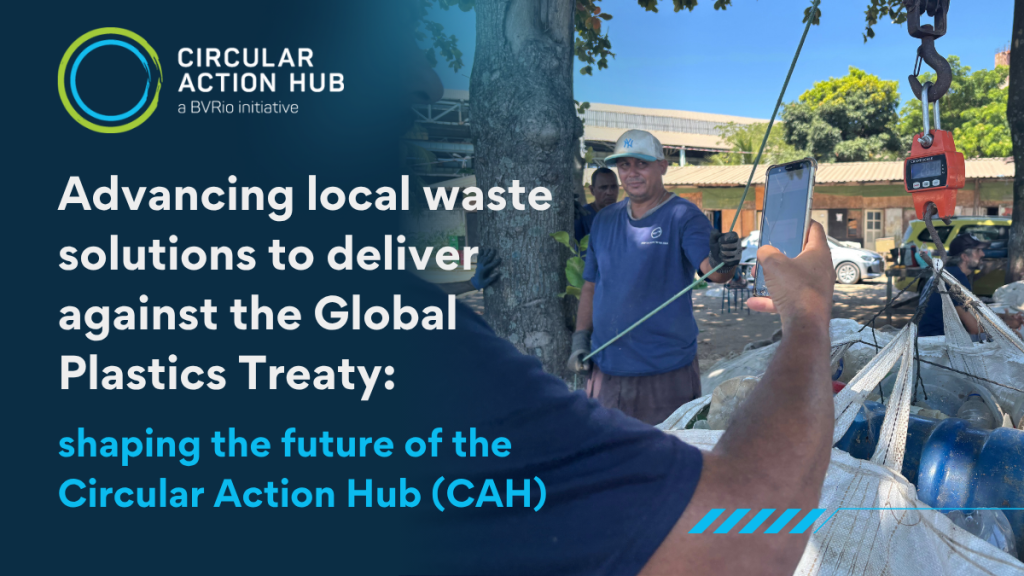What are the main challenges and solutions for the reverse logistics market in the world? Did you know that 11 million tonnes of plastic are dumped into the oceans today? The recycling market represents a large market on the planet and requires a joint effort of solutions to cope with the gigantic crisis both from the perspective of environmental, social and economic criteria.
BVRio’s CEOs and Founders, Pedro Moura Costa and Mauricio Moura Costa, and the Director of the Circular Action Hub, Thierry Sanders, spoke about the global context and challenges of the solid waste market and how companies can invest to mitigate the problem on the panel “Circular Economy” of the event ESG Exame, on 10/05. They highlighted that the solutions involve education for the responsible disposal of packaging in nature, circular credit systems to encourage the structuring of waste picker cooperatives, technologies to expand selective collection and the provision of mechanisms to help companies comply with legislation.
“The improper disposal of waste is a global problem. The result is millions of tons of pet bottles, cans and other waste reaching the oceans,” says Pedro, explaining that “each sector should structure its reverse logistics chain and the concept of plastic credits can be used by various segments”.
BVRio pioneered the creation of the world’s first system of ‘reverse logistics credits’ in 2013, currently adopted by several companies and organizations. One of the great legacies of the waste credit trading platform is the valorization of the social work of waste pickers. “When waste pickers carry out the collection of recyclable materials, they are at the same time providing an environmental service to society,” said Maurício.
The big challenge is to make investments that can leverage selective collection opportunities. BVRio designed a system to monitor activities in the recycling chain. “One ton of recyclable materials recovered by the cooperatives and sold to the recycling industry generates a reverse logistics credit. This credit is sold by the cooperative to a company that needs to do the reverse logistics of its post-consumption packaging. The sale of the credits to the companies generates an income for the waste pickers that is additional to the income obtained from the sale of the materials to the recycling industry”, explains Maurício.
According to a recent report by the Institute for Applied Economic Research (Ipea) inBrazil, the country wastes around R$ 8 billion a year of recyclable materials, throwing them in dumps or in controlled or sanitary landfills. The great difficulty of investment today is to develop means to increase the amount of recycled material.
Circular credits increase the remuneration of waste pickers. Certain materials like glass, which have a very low value, require an incentive to expand their collection. “There is as much plastic waste as humans in the world. According to forecasts, plastic waste is expected to double by 2040 and less than half will be collected. The rest will end up burned or in the oceans,” says Circular Action Hub director Thierry Sanders.
Click here to watch the panel, available in English on the YouTube of Exame magazine.



